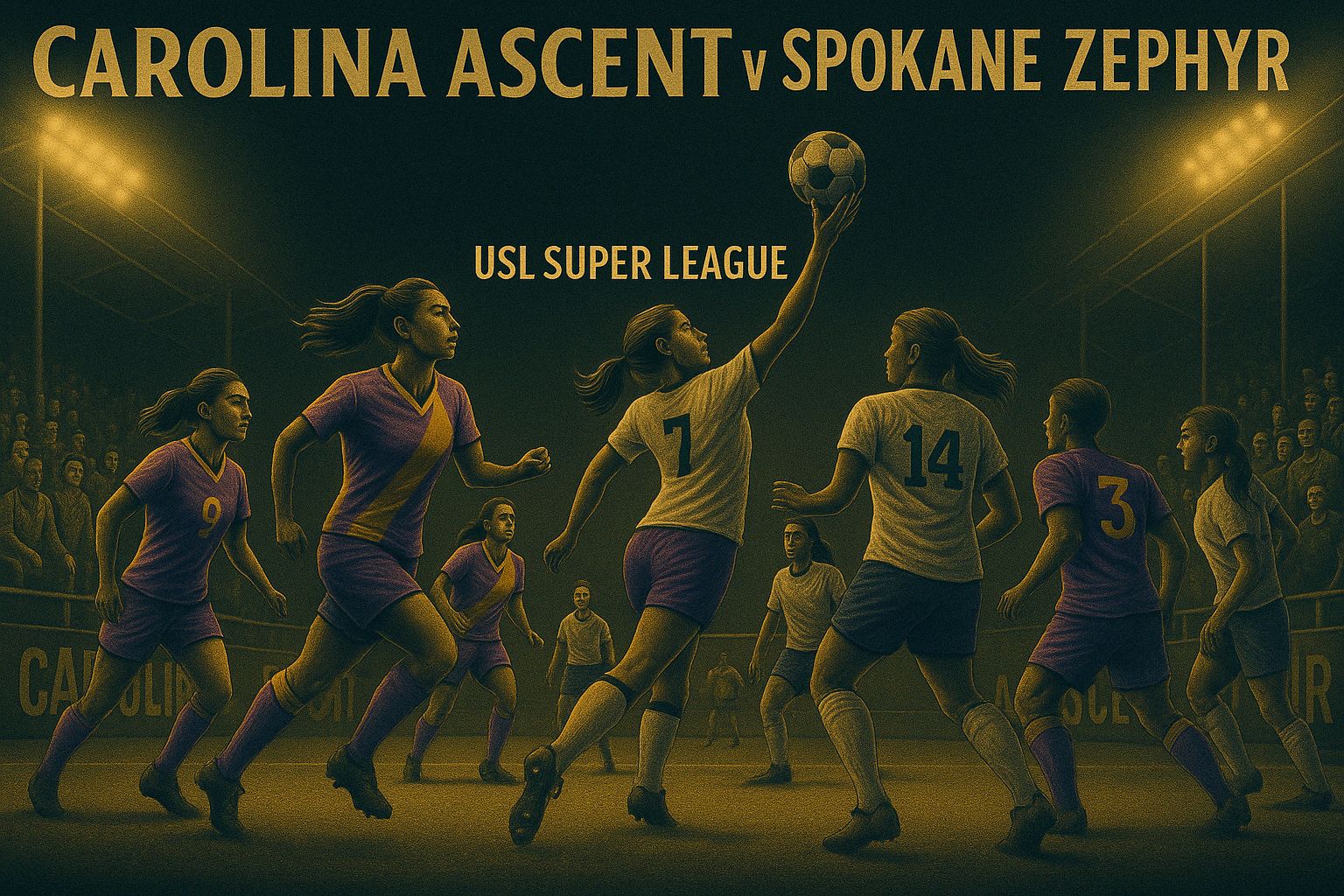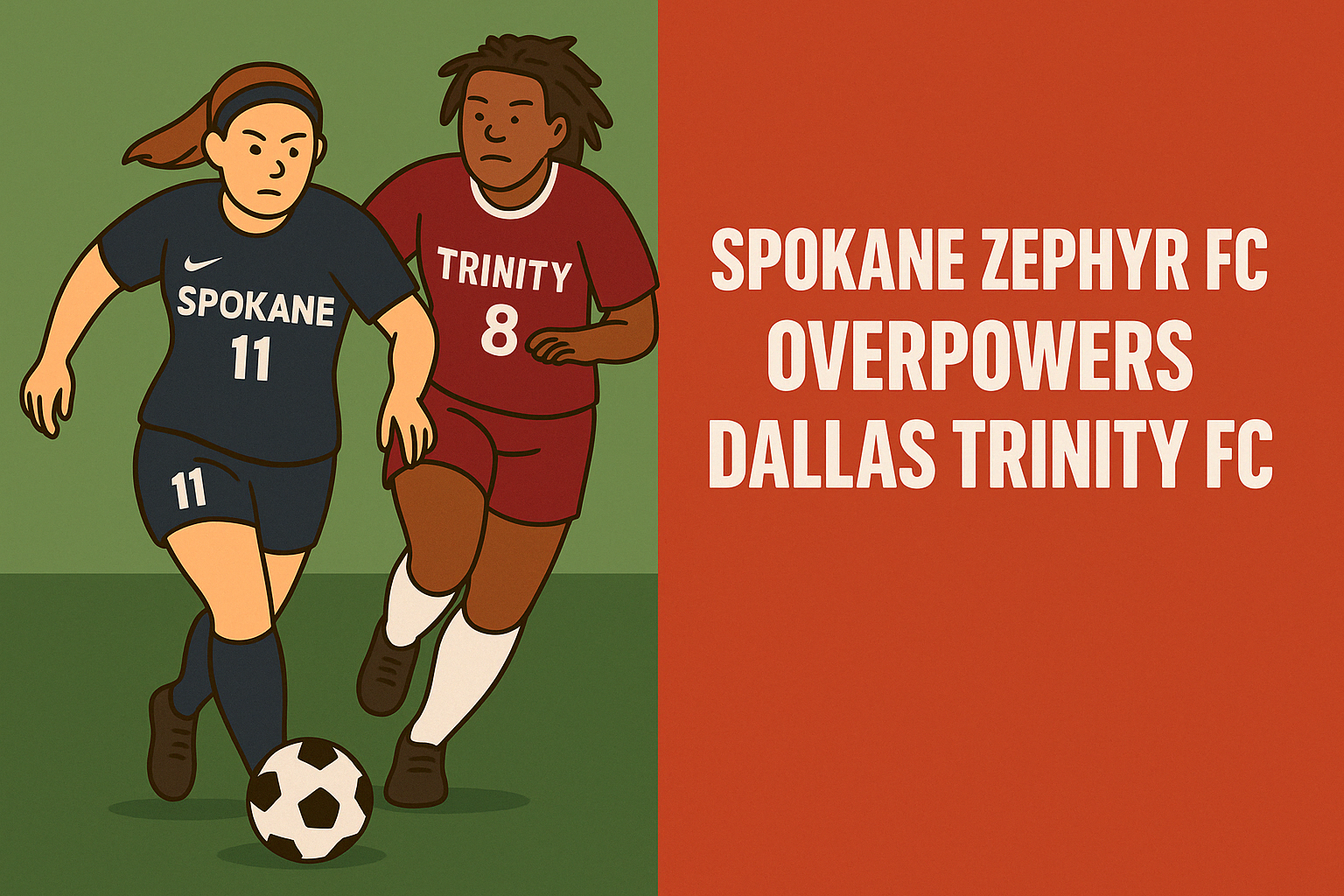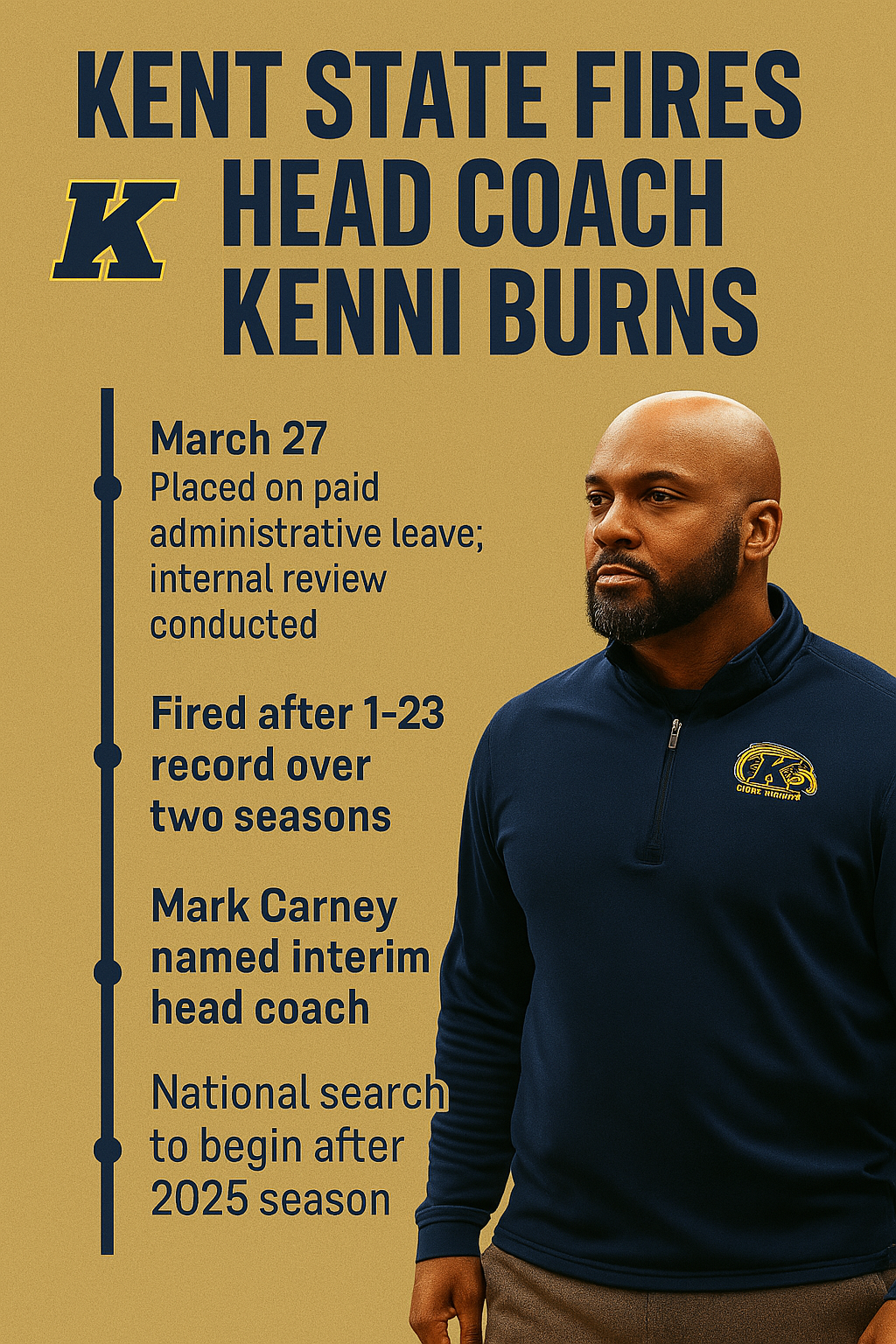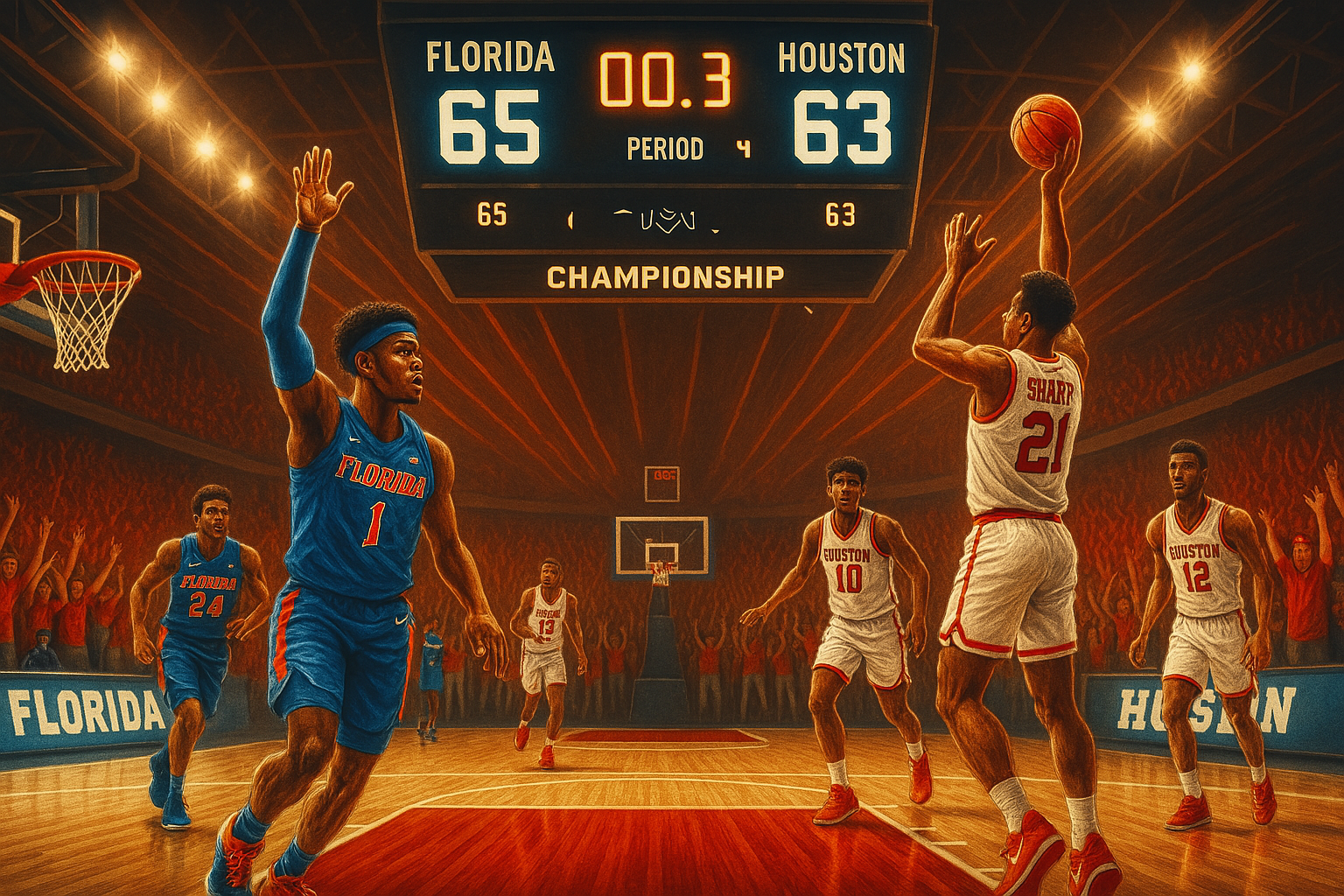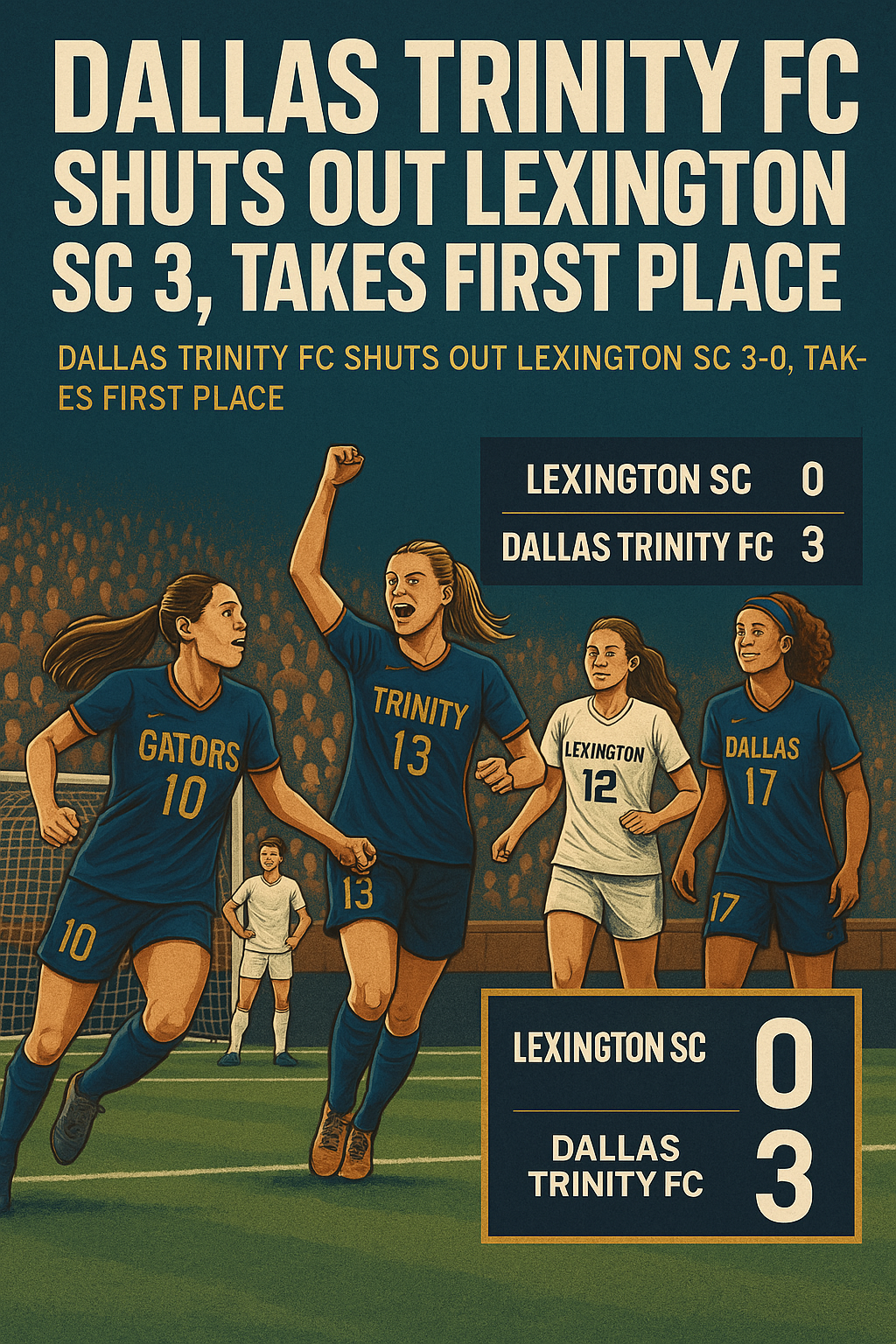The College Football Firing Wave Continues
The 2024 college football season continues to witness an unprecedented wave of head coaching firings, reflecting the shifting dynamics of the sport. With rising financial investments in Name, Image, and Likeness (NIL) and expanded playoff stakes, patience among administrators, boosters, and fans has dwindled. Gone are the days when coaches were given 4-5 years to rebuild programs. Instead, the demand for immediate results now dominates the landscape.
The Increasing Pace of Firings
The 2024 season has already seen 11 FBS head coaching changes as of mid-November, with programs like Florida Atlantic, Temple, and UMass making significant midseason moves. This surge underscores the urgency felt by institutions to revamp their programs in real-time, rather than waiting for seasons to unfold.
Florida Atlantic parted ways with head coach Tom Herman after a disappointing 6-16 record over nearly two seasons. This year, the program faced a winless 0-6 start in AAC play, underscoring the challenges of transitioning from Conference USA to a more competitive league. Similarly, Temple moved on from Stan Drayton despite a recent win against FAU. Drayton’s tenure ended with a 9-25 record, and the Owls faced their fifth consecutive losing season. UMass joined the list after dismissing Don Brown following a 6-28 record in his second stint as head coach.
These decisions are part of a broader trend where institutions act swiftly to address underperformance, mirroring the high-pressure environment of professional sports.
The Financial Stakes of NIL
One of the primary factors driving this impatience is the influx of financial investments through NIL collectives. Schools are now spending unprecedented amounts to recruit top-tier players and secure their commitments. Boosters, who often fund these initiatives, expect immediate results on the field. This financial commitment leaves little room for rebuilding projects or prolonged periods of underachievement.
With NIL redefining the recruiting process, coaches are under immense pressure to deliver wins while maintaining the trust of players and boosters. Programs unable to meet these elevated expectations often face the brunt of administrative and fan frustration, leading to swift leadership changes.
Expanded Playoffs and Rising Expectations
The College Football Playoff expansion to 12 teams has further heightened the stakes. With more programs competing for postseason berths, the race to secure a spot has intensified. Schools are unwilling to fall behind, especially as playoff appearances carry significant financial and reputational benefits.
The expanded playoff format has shifted the focus from long-term program development to short-term results. Programs now prioritize immediate competitiveness, putting additional strain on coaching staffs to perform under intense scrutiny.
Cultural Shifts in College Football
The rise of social media and 24/7 sports coverage has amplified the pressure on college football programs. Every decision, misstep, and loss is magnified, creating an environment where administrators feel compelled to act swiftly to address public and stakeholder concerns.
At Charlotte, former head coach Biff Poggi’s public criticism of fans and media compounded his challenges during a 6-16 tenure. The program’s leadership ultimately decided to move in a different direction, reflecting the delicate balance coaches must maintain in the modern era of heightened visibility and accountability.
Repercussions Across Programs and Coaches
For programs making coaching changes, the urgency to secure replacements is more pronounced than ever. The early signing period for recruits adds another layer of complexity, as schools aim to stabilize their programs to retain top commitments. For dismissed coaches, the shifting landscape presents opportunities to remain in the sport, often through coordinator or analyst roles.
These rapid changes also signal a broader cultural transformation within college football. The tolerance for mediocrity has diminished, and the sport’s commercialization has redefined how success is measured. Boosters and fans now wield significant influence, often dictating the direction of programs through their financial investments and public pressure.
Looking Ahead
As the regular season nears its conclusion, more coaching changes are anticipated. Programs sitting on the cusp of postseason eligibility or struggling in conference play may decide to follow the trend of swift dismissals. The expectations for immediate success, fueled by NIL investments and expanded playoff stakes, have forever altered the timeline for program development in college football. The sport’s future will likely see more frequent and earlier coaching changes, reshaping its competitive and cultural landscape.
